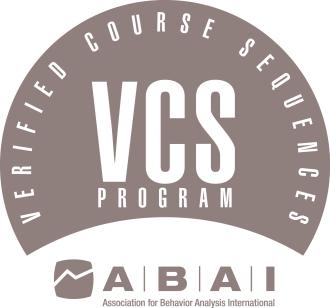Mission
The Master of Arts in behavior analysis in the Department of Psychology at Western Michigan University prepares students for doctoral study work or employment at the M.A. level in developmental disabilities, mental illness, substance abuse, education, government, and business and industry.
Program details
Credit requirements to degree:
- A minimum of 37 credit hours
- A minimum grade of B is required for all coursework in the program
Undergraduate prerequisites overview
An undergraduate major or minor in psychology is preferred. The program will also consider other experiences and strengths if the academic background does not contain preparatory experiences.
If recommended by the program chair, specific preparatory courses will be suggested to ensure student success within the program. Generally, such remedial work will be in addition to the minimum of 37 hours for the completion of the Master of Arts degree.
Goals and objectives
Program requirements
Area I: Principles of Learning and Motivation (3 credit hours)
- PSY 6100 - Conditioning and Learning
Area II: Theoretical Issues in Behavior Analysis (3 credit hours)
- PSY 6760 - Skinner's Behaviorism
Area III: Professional Ethics (3 credit hours)
- PSY 6050 - Professional and Ethical Issues in Psychology
Area IV: Applied Behavior Analysis (7 - 10 credit hours)
- PSY 6260 - Behavioral Assessment
- PSY 6650 - Behavioral Interventions
For students seeking BCBA certification, please below in addition to above
- PSY 6270 - Supervision and ABA
Area V: Research Methods (3 credit hours)
- PSY 6080 - Research Methods in Behavior Analysis
Area VI: Experimental Analysis of Behavior (3 credit hours)
- PSY 6110 - Experimental Analysis of Behavior
Area VII: Master's Thesis or Master's Project (6 credit hours)
- PSY 7000 - Master's Thesis
- PSY 7050 - Master's Project
Area VIII: Professional Experience (6 credit hours)
- PSY 5980 - Special Projects in Psychology
- PSY 5990 - Practicum in Psychology (Available opportunities)
- PSY 6910 - College Teaching Practicum
- PSY 7100 - Independent Research
Area IX: Electives (0 - 3 credit hours)
- Any other 5000 or greater graduate level course offered at WMU, after approval from advisor.



